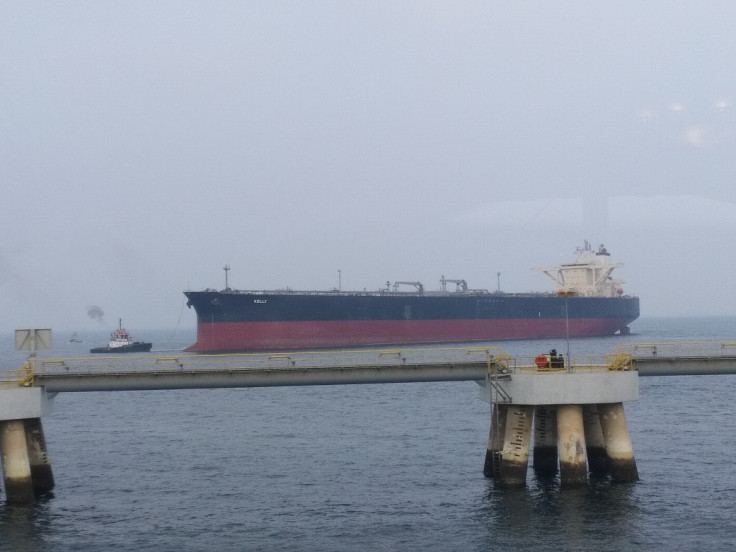UAE port to publish weekly oil inventory data to improve transparency
Middle Eastern oil export hub Fujairah will release the data as Platts states new regional price benchmarks.

The United Arab Emirates port of Fujairah, until now the Middle East's largest commercial storage hub for refined oil products, will publish weekly inventory data to improve transparency and boost the credentials of the Emirates' only Indian Ocean port that has oil export facilities.
With crude oil prices still low, the move is in line with the UAE government's 2021 Vision to open up its data. The country's energy minister, Suhail Al Mazroui, says it will bolster Fujairah's drive to replicating the practices of leading global energy trading ports such as Singapore and Rotterdam.
Speaking on the sidelines of the Gulf Intelligence Energy Market Forum held at the port city, Al Mazroui noted: "This transparency initiative will play a key role in Fujairah's evolution from a key logistics hub for global energy markets.
"Today Fujairah sits at the heart of the new energy corridor opening up East of the Suez Canal to Asia, and not only is it a world-class bunkering and oil products storage centre – it is now also becoming an important crude oil export hub."
Al Mazroui added that the port had immense potential to become the storage centre for trading in the Gulf, Africa and the Mediterranean.
On Wednesday (21 September), Fujairah opened the UAE's first Very Large Crude Carrier (VLCC) jetty capable of handling the loading/unloading of up to two million barrels per vessel. It cost AED 650m (£137m, $177m), with the construction of a second jetty already underway.
At the time of the jetty's inauguration, the port received another boost after global energy data provider Platts announced it would publish independent, outright price assessments for a range of oil products for the Middle East market on a FOB [Free-On-Board] Fujairah basis starting on 3 October, 2016.
The new assessments are for gasoline, diesel/gasoil, jet fuel and fuel oil. They will be published alongside existing data for these products which derive their values from the price assessments at Singapore after adjusting for shipping costs.

Dave Ernsberger, Head of Oil Content at S&P Global Platts, said the port's transparency drive was a positive step which would help traders and investors to see opportunities and risks more clearly.
"The Middle East has seen substantial growth in refining and storage capacity, growth in physical oil trading and market participation.
"These factors have contributed to a vibrant and active spot physical market for oil products and a substantial increase in the over the counter trading of oil product derivatives, mainly for hedging purposes.
"Market participants have identified a need for independent oil products price assessments based on the growing regional hub of Fujairah in addition to the existing and widely used Singapore netback prices."
The Port of Fujairah started full operations in 1983, and experienced exponential growth from the start of the 1990s. From an oil throughput of 550,000 tonnes in 1994, the port grew to handle 56m tonnes of oil products in 2015.
With the likes of Vitol and Gulf Petrochem bolstering their presence at the port, private tank storage capacity is tipped to exceed 14m cubic metres by 2020, from an expected 9m cubic metres by the end of 2016.
© Copyright IBTimes 2025. All rights reserved.






















